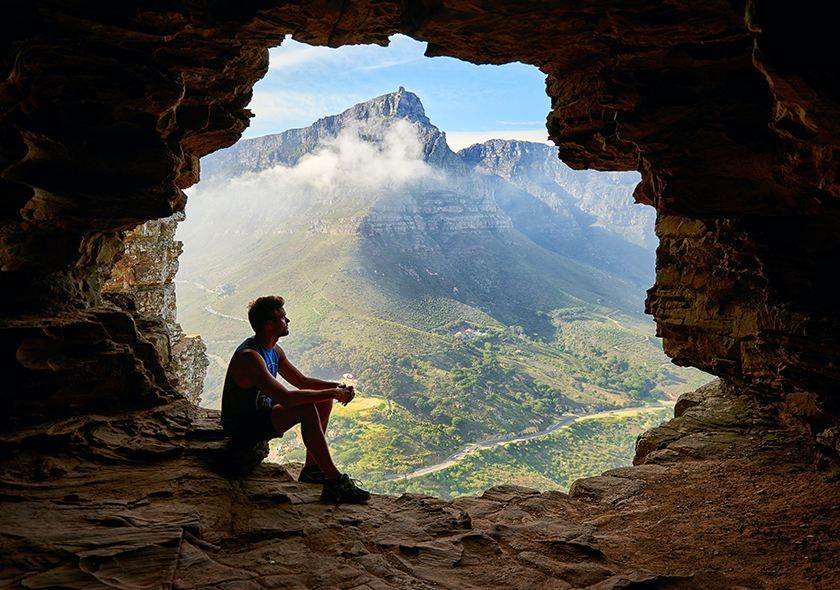UEFA Euro 2024 in Germany city guide: Munich

UEFA Euro 2024 in Germany city guide: Munich
With Munich’s Allianz Arena set to host games at UEFA Euro 2024 in Germany, including the opening match, get clued up on the stadium and the city in our guides.
Stadium: Allianz Arena
Bayern’s Allianz Arena is one of the most modern and technologically advanced football stadiums in the world. Opened for the start of the 2005/06 season to replace the former Olympiastadion in Munich, it hosted the opening game of the 2006 FIFA World Cup in Germany with Bayern’s own Philipp Lahm scoring the tournament’s first goal. It will also host the opening match of Euro 2024 on 14 June.
Boasting space for 75,000 spectators in domestic fixtures, the Allianz is just as famous for its exterior as what happens on the pitch inside. An architectural masterpiece, 2,784 diamond-shaped ‘cushions’ form the façade of the Arena and can be illuminated in any colour depending on the event – Red for Bayern matches, white for Germany and even green for St. Patrick’s Day each year. Rising up in the distance as you make the 875-yard walk from the station to the stadium itself, the Allianz can appear like a spaceship on the horizon with its red glow lighting the way for spectators.
Watch: Inside Bayern Munich’s home

Matches played there:
14 June: Germany 5-1 Scotland (Group A)
17 June: Romania 3-0 Ukraine (Group E)
20 June: Slovenia 1-1 Serbia (Group C)
25 June: Denmark 0-0 Serbia (Group C)
2 July: Romania 0-3 Netherlands (Round of 16)
9 July: Spain 2-1 France (Semi-final)
See the full fixture list here!
How to get to Munich:
Munich’s Franz Josef Strauss Airport is the second largest in Germany and (in normal times) serves destinations from the US west coast to the Far East to South Africa and everything in between. The airport is about a 40-minute train ride (using S-Bahn lines S1 and S8) from the city centre, from where visitors can reach their final destination with ease using the city’s comprehensive transport network.
For those arriving by land, Munich Central Station (Hauptbahnhof) has trains coming from and going to all corners of Germany, up to Frankfurt, Cologne, Düsseldorf, Dortmund, Hamburg, Berlin and Leipzig. There are also direct services from Paris, Zurich, Vienna, Budapest, Amsterdam and even down into Italy and Milan.
How to get to the Allianz Arena:
The simplest and most immersive way to reach the Allianz Arena is to take the U6 underground line to Fröttmaning on the northern edge of the city, with trains running every couple of minutes on matchdays. From the station it’s about a 5-10-minute walk up the esplanade to the Allianz Arena.
Watch: Bayern Munich stadium experience

Once in Munich…
Things to see and do (apart from the football!):
Football and beer – it’s a combination that Germany does so well, but perhaps none more than the city of Munich. The Bavarian capital is home to two of Germany’s most famous establishments: Bayern Munich and the annual Oktoberfest. Despite its name, the beer festival actually takes place mostly in September but is of course a must for any visitor to the city. Besides the Oktoberfest (known locally as the Wiesn), Munich is home to some of the largest beer gardens in the world, which are open throughout the year, including the Augustiner Keller, the 8,000-seater Hirschgarten and the 7,000-seater Chinesischer Turm in the city’s Englischer Garten – a park larger than New York’s Central Park.
There is, of course, more to Munich than beer and football. The city has been the regional powerhouse for over 800 years, but also rose to prominence in the last century as the home of the Nazi movement. That has left its mark on the city and provides the ideal location for those wishing to learn more about the rise and impact of National Socialism in Germany. The former concentration camp at Dachau is also only a short train journey away from the city centre. A train ride out to the Bavarian lakes is also always worth it in the summer, taking in the crystal clear waters at Starnberg, Chiemsee, Tegernsee, Wörthsee and many more at the foot of the Alps.
As well as numerous galleries and theatres, Munich is also home to the world’s largest science museum – the Deutsches Museum, which has also hosted concerts by musicians such as Elton John. It is home to around 28,000 exhibitions and the best way to describe the museum is “if a German built it, it’s in there.” There are, of course, exhibits from throughout the world and history. Many museums and galleries also offer free or substantially reduced prices for entry on Sundays, when it must be noted that most shops are closed.
The local cuisine:
As well as being home to one of the best football clubs in the world, Munich is home to some of the finest beer around. Lager, wheats, darks, seasonal specials and much more besides: no where does nectar better. Which is just as well, given the hearty Bavarian offerings on the menu. Roasted pork knuckle (Schweinehaxe), Weißwurst (a cold pork and veal combo, but never eaten after midday!), savoury and sweet dumplings, Schnitzel and pretzels are just a handful of typical examples.
Check out the rest of our Euro 2024 city guides:


